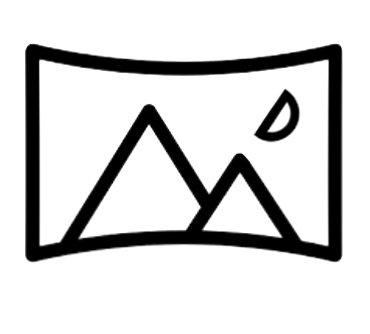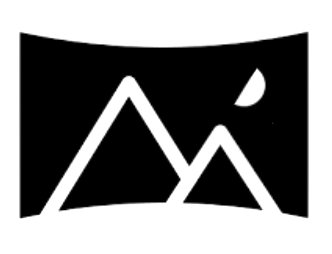The Double Edged Sword.
I have been teaching in some capacity for around 25 years. At first, it was Photography Workshops in Europe and the USA, Switzerland, Cuba, Africa, Asia, and even England. From there, I went into education, which, despite having some similar content (like making photographs), it was a very different approach. My photography degree was done at an art school when photography was a trade you learned, and printing was a thing you did with stinky chemicals and safe lights. Once the Art Schools switched to Universities, much of the practical was replaced with academia, dramatically changing photography education. Despite being a keen writer and self-proclaimed photo theorist, I loathed the thought of taking a practical visual medium into some essay-based topic.
These days, the issue with an art degree is that often, students will need more preparation for the world outside the academic bubble. They may have the skills to make good art or photography. Still, if they lack the know-how to make money from it, fund it, or do something else that enables them to continue making their art, then we can be pretty sure their time in education will become nothing more than a memory with a few photographs thrown in.
When I started teaching, an old mentor friend said, "Teaching is like a double-edged sword. You know what the students need, but there's always others calling the shots who might think otherwise." At the time, I thought he was a little jealous of my newfound interests or the book I had just published, but now, looking back at my own experiences, I know he was right.
Education in photography isn't declining; it's increasing. Just not in the way universities would like. Here's how I like to explain it;
A 'proper' personal trainer will become certified. They will study and learn all there is to know about training and usually specialize in a particular field. Then, and only then, they will begin to train people using their knowledge. However, there will always be those that fancy themselves as a personal trainer. They will watch a few videos online and pick up a few tips from fellow gym enthusiasts who have also been watching videos online. They are not certified and have failed to study the core training basics. They get a few clients at the local gym where, eventually, someone pulls a muscle because they didn't know if you bend something a certain way, things can happen that you did not know about. The person they trained then goes off and starts to teach someone else, and then that person trains someone until everyone has pulled muscles. If we think of the 'proper' trainer as a qualified teacher (with experience in the job, not just a degree) and the enthusiast as someone who has made a few images and is now a 'vlogger,' you get the idea.
Despite technology changing how people are taught photography, the fundamentals of it will always remain. No one needs a degree to take photographs. And therein lies the problem of education.


